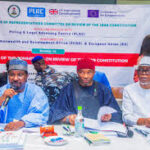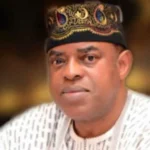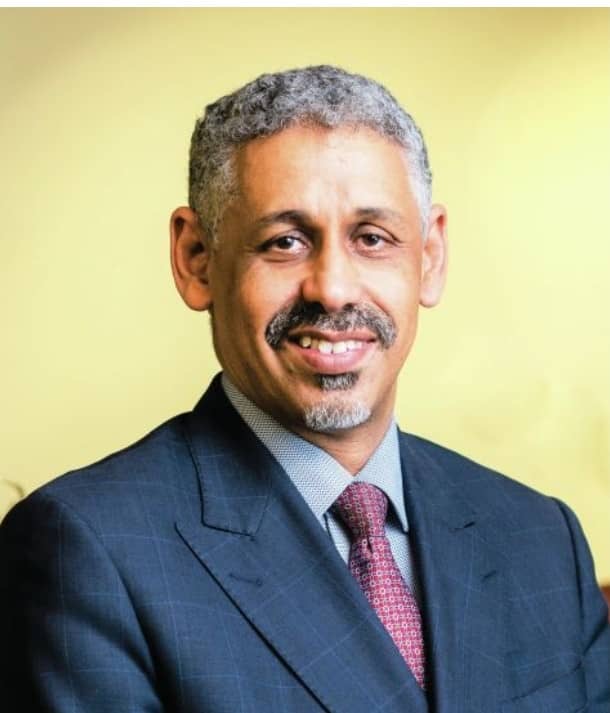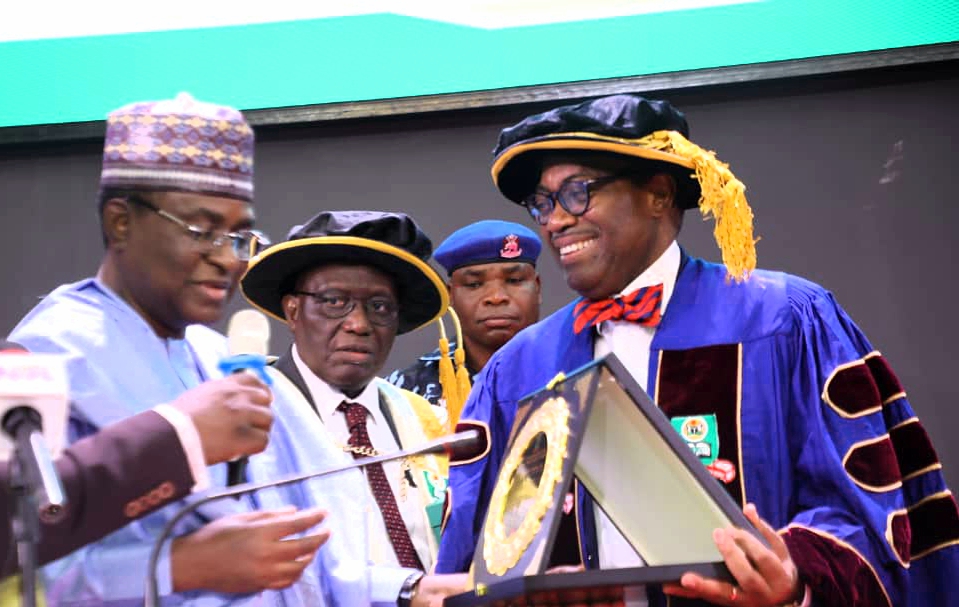New AfDB president to prioritise reforms, partnerships, youths in 100 days
2025-09-01
By Lucy Ogalue The new President of African Development Bank (AfDB), Dr Sidi Ould Tah, says he will focus on reforms, strengthening partnerships and empowering youths and women across Africa in his first 100 days in office. He made this known in his inaugural speech on Monday in Abidjan, pledgingContinue Reading













